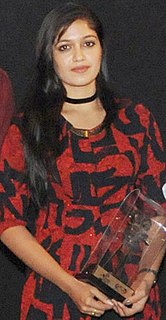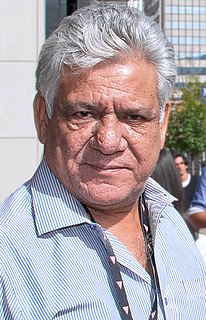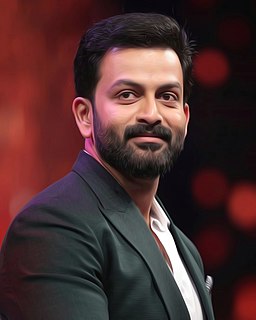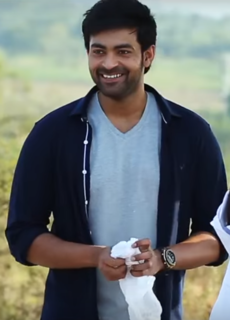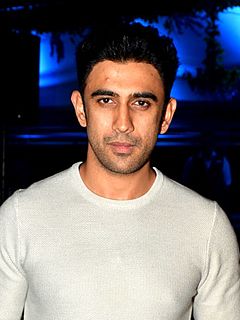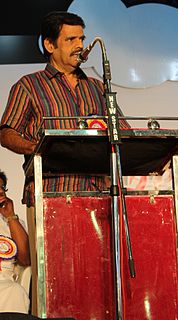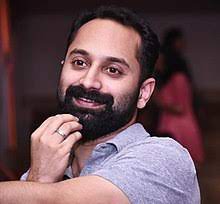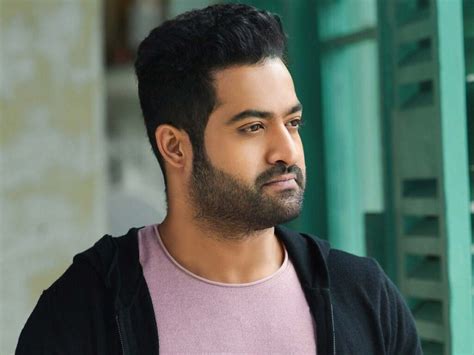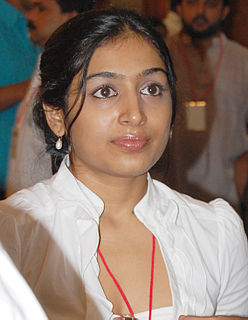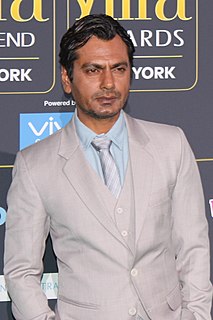A Quote by Meghana Raj
Malayalam cinema has given me the biggest break and has been like a school for me on how to perform.
Related Quotes
Actors should stop complaining about nepotism. I am uneducated - I was asked to leave school in Class 11. I came to Mumbai with only Rs 300, yet there is no one in this industry who has not been nice to me. From filmmakers who have given me work to people who have given me advice, I feel blessed to have them in my life.
I work very physically as an actor. The biggest thing for me has been the challenge of how to be this person [Olivia Pope] with the personal transformation that's going on for me physically... That hasn't been easy. It's been an awesome challenge for me...because so much of how I access character is through my body.
I got to perform the [Jaques] Ibert Concertino Da Camera with a brilliant pianist at school named Chunga. I got to perform the [Alexander] Glazunov Concerto in senior year with our school orchestra and the Jewish Grossman orchestra. I won a scholarship from the Goldman band to perform the [Paul] Creston Concerto. Which I never played with them, but they still gave me the money.
